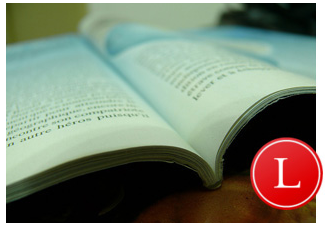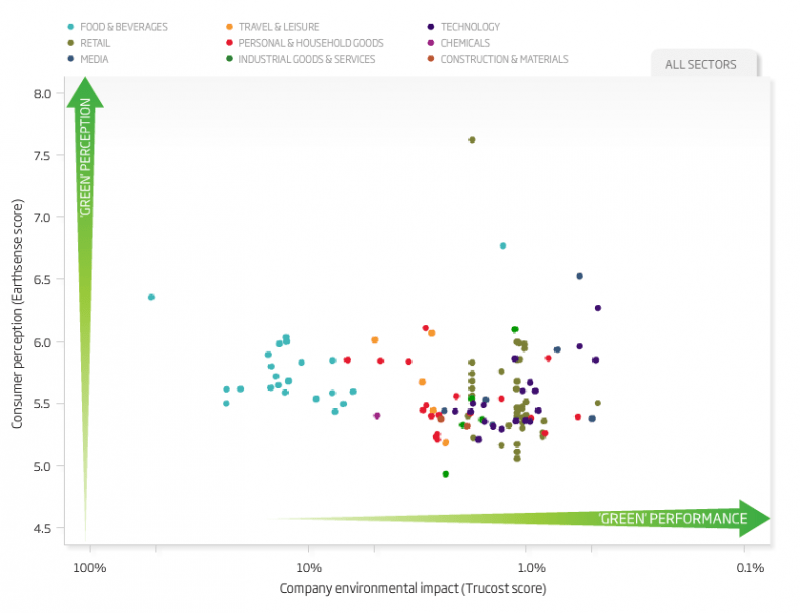
Mother Jones guest blogger Mark Armstrong is the founder of Longreads, a site devoted to uncovering the best long-form nonfiction articles available online. And what better time to curl up with a great read than over the weekend? Below, a hand-picked bouquet of five interesting stories, including word count and approximate reading time. (Readers can also subscribe to The Top 5 Longreads of the Week by clicking here.)
New! This week’s featured Longreader: Jodi Ettenberg (@legalnomads), former lawyer, world traveler, blogger at Legal Nomads: “My favorite Longread this week was ‘The Blind Man Who Taught Himself to See’ (Men’s Journal). Not only was the story of a blind man using echolocation to ‘see’ incredibly inspiring, but the article managed to paint a very human picture of a man both passionate about his cause and somewhat overwhelmed by the success he has achieved.”
1. Hiding Out | Hisham Matar | Financial Times | Feb. 26, 2011 | 12 minutes (2,999 words)
The Libyan writer, whose father was an outspoken dissident, reflects on dangerous times during his youth under Qaddafi’s rule. Matar convinced his family to let him attend boarding school in England, but he had to first change his name (to “Bob,” in honor of Bob Marley and Bob Dylan) to help hide his family identity. “It all seemed surprisingly easy at first,” he writes, until he arrived for his second year of school:
“On my return to school one of my friends came to tell me about a new boy.
“‘He’s Arabic,’ he said.
“‘Really? Where from?’ I asked.
“‘Libya.
“I went to look up the name. His father worked for the Qaddafi regime. I had no doubt he, too, would recognize my family name. Our fathers were on opposite sides of a conflict. I had no doubt he, certainly his father, would see us as enemies.”
2. What Made University Scientist Amy Bishop Snap? | Amy Wallace | Wired | March 1, 2011 | 36 minutes (9,013 words)
Chilling portrait of the University of Alabama scientist and mother of four who gunned down six of her colleagues last year. Questions remain about a separate incident more than two decades prior, when Bishop fatally shot her brother, Seth (her parents, and police, called it an accident even though she tried to steal a getaway car at gunpoint). Her lawyer is arguing for her to be declared insane:
“Bishop’s court-appointed lawyer, Roy Miller, called her simply ‘wacko.’ Later he apologized for his word choice, but he has continued to press the point. ‘They’re going to try to show she’s sane, that she was just mean as hell,’ he tells me, referring to the prosecution, which is seeking capital murder charges against Bishop in the killings of department chair Gopi Podila and professors Maria Ragland Davis and Adriel Johnson. ‘If they seek the death penalty, which we have to assume they will, our only defense is mental.'”
Also from Amy Wallace: “Coke, Hookers, Hospital, Repeat.” Charlie Sheen profile (GQ, April 2011)

3. Hate Man | Kathleen Richards and Sandeep Abraham | East Bay Express | March 2, 2011 | 22 minutes (5,499 words)
How does a former New York Times reporter end up becoming a “hate evangelist” in Berkeley’s People’s Park? A glimpse into the life of a homeless man, Mark Hawthorne, and the decisions that turned him from a married University of Connecticut graduate into the bearded, cigarette-bartering “Hate Man.” Hawthorne’s family life remains complicated:
“He says he’s at ‘arms-length’ with his older daughter, who he calls ‘Equation’ and who lives in Ohio with her husband and daughter, and ZiZi, who still lives in Berkeley. ‘That’s one thing I have not solved,’ Hate lamented. ‘The kids feel abandoned, like I don’t care about them.’ When they do get together, he said, ‘it feels fake. There’s an emotional rift.'”
This was the second most-popular Longread of the week (behind Charlie Sheen).
See also: “Tent City USA” (George Saunders, GQ, Oct. 2009)
4. Twitter Was Act One | David Kirkpatrick | Vanity Fair | March 3, 2011 | 18 minutes (4,543 words)
“The Facebook Effect” author David Kirkpatrick on another Silicon Valley superstar—Twitter and Square founder Jack Dorsey. In submitting to his first in-depth profile, we learn about the events the led to him stepping down as CEO (“It was like being punched in the stomach”), his long-term goal (to become mayor of New York City), and his earliest career experiences:
“Jim McKelvey, who owned a company which archived documents onto CD-ROMs, and who today is Jack Dorsey’s partner in Square… took Dorsey on as an intern and learned that this awkward teenager could swiftly master most computing tasks. When McKelvey began to worry his company could get killed by an online competitor, he found that Dorsey was the only one on his small staff who agreed on the need to migrate the business onto the fledgling Internet. McKelvey hired several freelancers for the project. ‘One guy asked me, “What’s my job title going to be?” I said, “Assistant to the summer intern.” He was basically a stick figure. I said, “Just do everything this kid says.”‘ “
See also: “Why Twitter’s CEO Demoted Himself” (Claire Cain Miller, New York Times, Oct. 2010)
5. The Madoff Tapes | Steve Fishman | New York Magazine | Feb. 28, 2011 | 32 minutes (7,951 words)
Prison phone conversations with the man who defrauded clients of nearly $65 billion—and whose family and career have been destroyed. Madoff, speaking from the Federal Correctional Institution in Butner, North Carolina, attempts to answer the question he asked his prison therapist (“Am I a sociopath?”) and repair the damage he’s done to his own family. (His son Mark committed suicide in December.)
“‘With both my sons, I could never even explain to them what happened,’ Madoff said. ‘Of course, it’s too late for my son Mark, but my son Andy …’ Madoff often thinks of that last day, that meeting in his study when he confessed to them. ‘I can’t get a message to Andy,’ he continues, getting emotional. ‘The lawyers don’t want that to happen.’ I think that Madoff talks to me, in part, as a way of reaching Andrew.
“But the world is not as Madoff imagines it from behind prison bars. To a friend, Andrew mocked his father’s thoughts: ‘Yes, I stole every penny that you had, and you’ve got to dive into a Dumpster to get a meal, but, you know, that’s the past, get over it.'”
See also: “Bernie Madoff, Free at Last” (Steve Fishman, New York Magazine, June 2010)
Got a favorite Longread? Share it on Twitter (#longreads) or email it: mark@longreads.com
Thanks for your support. Click here to become a Longreads sponsor.










